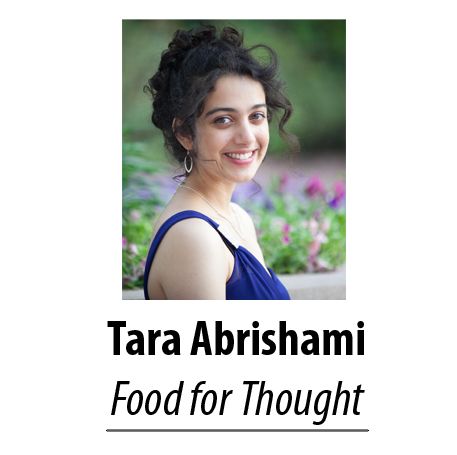
The U.S. Food and Drug Association (FDA) recommends that daily added sugar consumption doesn’t exceed 10 percent of daily caloric intake, and the World Health Organization (WHO) says five percent. These correspond to about 50 grams and 25 grams per day of added sugar, respectively.
Added sugars are sugars that aren’t naturally present in whole fruits, whole vegetables and milk. (Sugar in fruit juices and sugar in flavored yogurts do count as added sugar.) Added sugars are worse for your health than natural sugars; between eating strawberry Greek yogurt and eating a banana, solely in terms of sugar content, the banana is better for you. Fruits have high fiber contents, which means that the sugar they contain is digested slower than isolated, added sugars.
According to the Harvard School of Public Health, the average American consumes about 88 grams of added sugars a day — far exceeding the recommendations from both the WHO and the FDA.
Consuming such an excess of added sugars is so easy nowadays because food manufacturers add sugar to nearly every product. An estimated 75 percent of processed foods contain some added sugar. Since sugar is addictive, the food industry profits greatly by adding sugar to their products.
In July, the FDA introduced a proposal to require labeling of added sugars, not just total sugars, and to list the percent daily value of added sugars in food products. Consumers could more easily understand the sugar content of food products, which can be difficult since artificially-produced sugars have many different names.
The food industry lashed back against the proposal — unsurprisingly since many products have sugar content more than 100 percent of the recommended daily value. The Sugar Association sent a 17-page letter to the FDA arguing that there’s a “lack of science to justify ‘added sugars’ labeling.”
The political power of the food industry is a serious barrier to holding the industry responsible for producing healthy food products. Last November, the American Beverage Association (ABA) spent $9.1 million opposing San Francisco Proposition E that would levy a tax on sugary drinks. Proposition E failed to pass, but Berkeley, Calif. passed a similar proposition despite the ABA spending $2.4 million in opposition. This summer the ABA sued the city of San Francisco over new legislation that would impose a warning label on drinks sweetened with added sugar, saying the label is a violation of free speech.
Politics will always yield to those with the most political power (read: money), so governmental regulations on added sugars will be too little, too late. Everyone should be mindful and conscious of their food choices above and beyond what’s explicitly labeled.
Limiting sugar consumption should be a top priority. Not only are added sugars useless calories that certainly contribute to the obesity epidemic, excess consumption of sugar has been linked to liver disease, heart disease and premature aging.
And it’s a big risk factor for diabetes. Eating added sugar also correlates to obstructed learning and memory, depression and even dementia.
So start reading the labels. Read between the lines. Choose fruits, vegetables, trail mix and other whole foods for snacks instead of packaged items shot with sugar. Most of all always be aware of what you’re eating, despite the food industry’s efforts to convince you otherwise.




